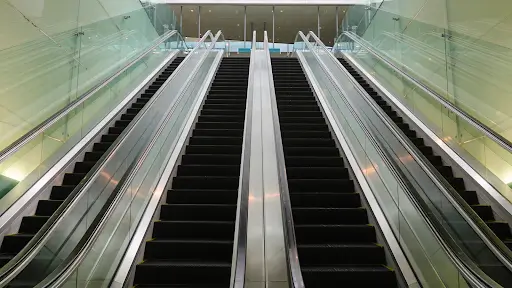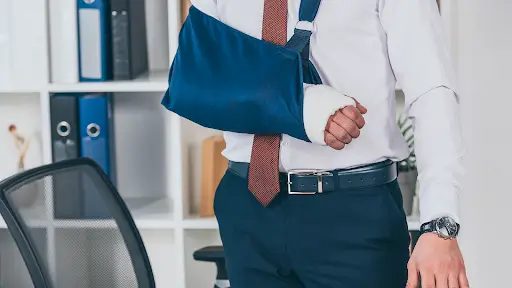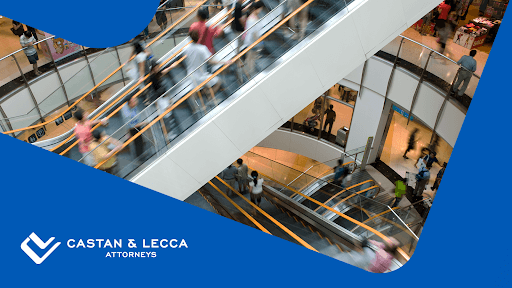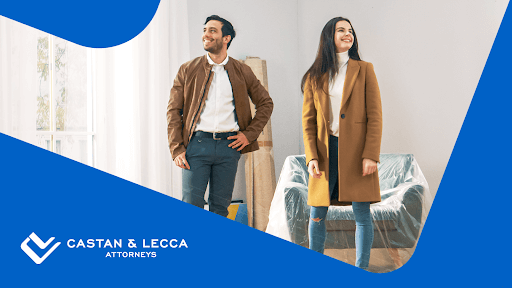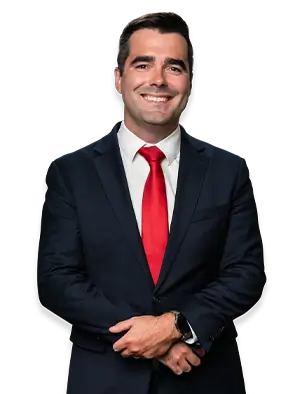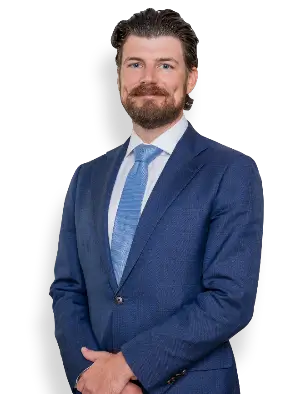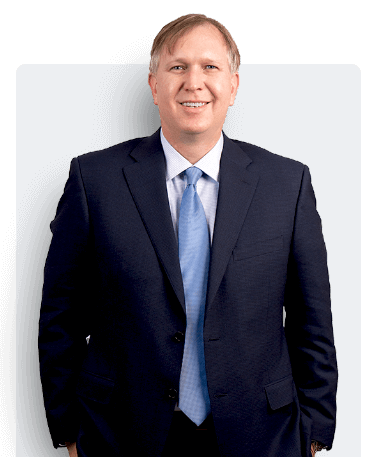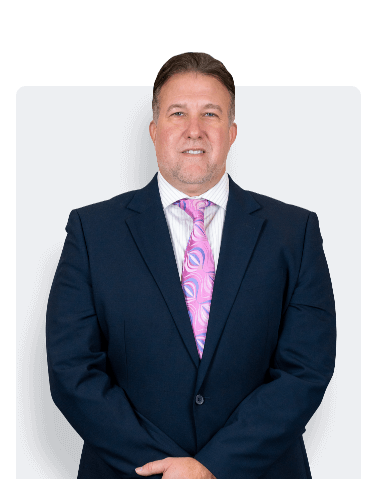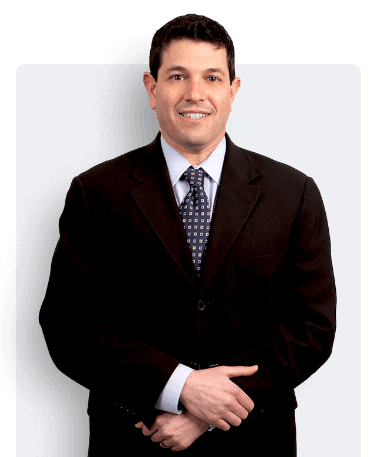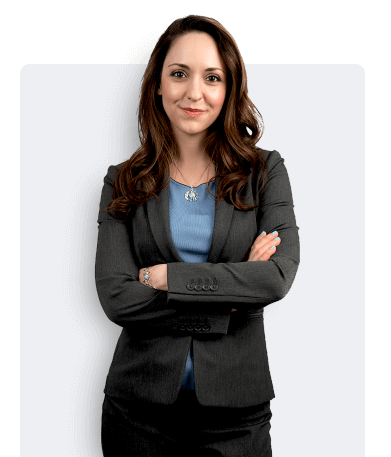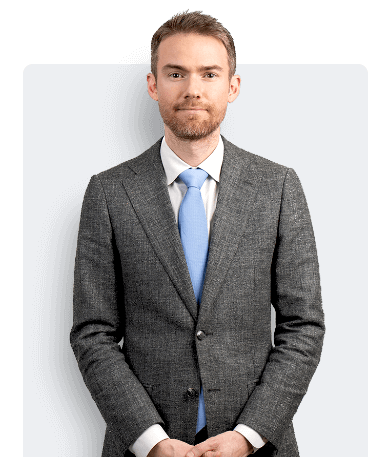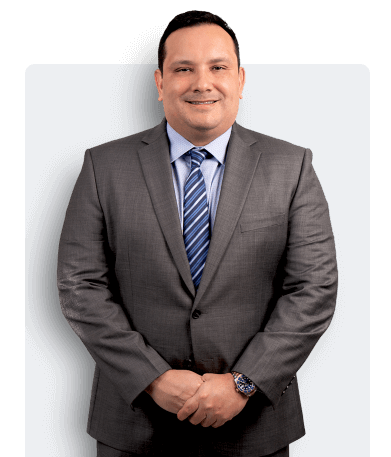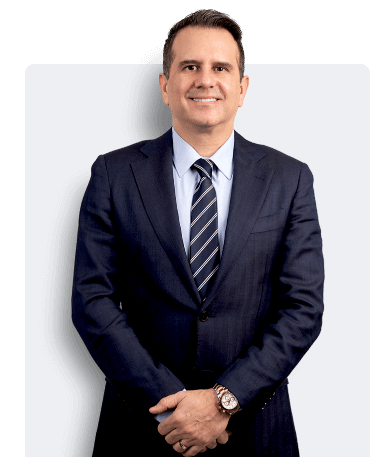How to Receive Compensation for a Slip and Fall Accident

Slip and fall accidents can happen anywhere and often occur when least expected. These accidents can lead to a range of injuries, from minor scrapes to severe fractures, head injuries, and even long-term disabilities. Given the physical, emotional, and financial impact, it’s essential to know how to seek compensation for your injuries. This article aims to provide a thorough understanding of how to go about it.
Why Slip and Fall Cases are Complex
Slip and fall cases are not straightforward because proving negligence is often complicated. Typically, the victim needs to show that the property owner was aware (or should have been aware) of the hazardous condition but did nothing to correct it. Demonstrating this requires collecting evidence, including photos, witness statements, and expert testimonies.
Calculating Compensation
The amount of compensation you can claim depends on several factors, such as the severity of your injuries, medical expenses, lost income, and future care requirements. You may also be eligible for non-economic damages for pain and suffering, emotional distress, and loss of enjoyment of life.
Types of Damages You Can Claim
You may be eligible to receive compensation for the following:
Medical Expenses: This covers the cost of hospital stays, surgeries, medication, and any future medical needs.
Lost Wages: If your injuries prevent you from working, you can claim compensation for the income you’ve lost.
Pain and Suffering: Emotional and psychological distress caused by the accident can also be claimed.
Types of Premises
Understanding the type of premises where the slip and fall accident occurred is crucial, as different laws may apply. These can include:
- Commercial properties (like malls and restaurants)
- Private residences
- Government buildings
- Industrial settings
Different types of premises often have specific laws and regulations, making it essential to consult an attorney with expertise in premises liability.
Examples of Premises Liability Claims
While slip and fall accidents are common grounds for premises liability lawsuits, there are different conditions and situations where a property owner might be found negligent. Some common causes of premises liability accidents include:
- Loose Carpets and Floorboards: An unsecured carpet or loose floorboard can easily cause someone to trip and fall.
- Building Code Violations: Failing to comply with local building codes can create hazardous conditions.
- Swimming Pool Accidents: Lack of appropriate safety measures around swimming pools can lead to severe injuries or even fatalities.
- Dog Bites and Attacks: Property owners are generally responsible for the behavior of pets on their property.
- Defective Elevators and Escalators: Mechanical failures can result in dangerous conditions for users.
- Accidents Involving Stairs and Porches: Missing railings or poorly maintained stairs can be hazardous.
- Failure to Provide Adequate Security: Inadequate security measures can make a property owner liable for crimes committed on their premises.
- Failure to Clean Up Spilled Liquids: A simple spill can turn into a hazardous condition if not promptly addressed.
- Cluttered Walkways: Obstructed paths can result in trip and fall accidents.
How to Prove a Premises Liability Lawsuit in Georgia
In Georgia, as in most states, proving a premises liability case revolves around establishing negligence on the property owner’s part. To win a premises liability lawsuit, you’ll need to demonstrate four critical elements:
- Duty of Care: The property owner had a responsibility to maintain safe conditions on the premises.
- Breach of Duty: The property owner failed to uphold this duty.
- Causation: This failure caused your accident and subsequent injuries.
- Damages: You’ve incurred losses that can be quantified and claimed.
Legal Procedures: Filing a Claim
- Initial Consultation: Consult a skilled personal injury attorney who specializes in slip and fall accidents.
- Investigation: Your attorney will collect all necessary evidence, including medical records and witness statements.
- Filing the Claim: A formal complaint will be filed against the defendant (the property owner), stating your case and the compensation you seek.
- Negotiation: Most cases are settled outside of court through negotiation between both parties’ attorneys.
- Litigation: If a settlement isn’t reached, the case proceeds to court where it will be presented before a judge or jury.
Criteria for Choosing an Attorney
Experience: Ensure they have substantial experience in slip and fall cases.
Reputation: Research reviews or get recommendations.
Fees: Most attorneys work on a contingency fee basis, only charging if you win.
Consulting a Personal Injury Attorney
The complexity of slip and fall cases underscores the importance of consulting a personal injury attorney with experience in this area. A qualified lawyer can help you gather evidence, negotiate with insurance companies, and represent you in court if necessary.
In summary, slip and fall accidents can be both physically and emotionally devastating. Navigating the maze of medical bills, insurance claims, and legal avenues can add to the stress. But with proper guidance and a solid legal strategy, you can get the compensation you deserve for your pain and suffering.
If you or a loved one have been affected by a slip and fall accident, please get in touch with us at Castan Lecca & Boeschen. Our experienced attorneys are here to guide you through every step of the legal process and help you secure the compensation you rightly deserve.
You may also be interested in: How can a premises liability attorney help me in Altanta?

